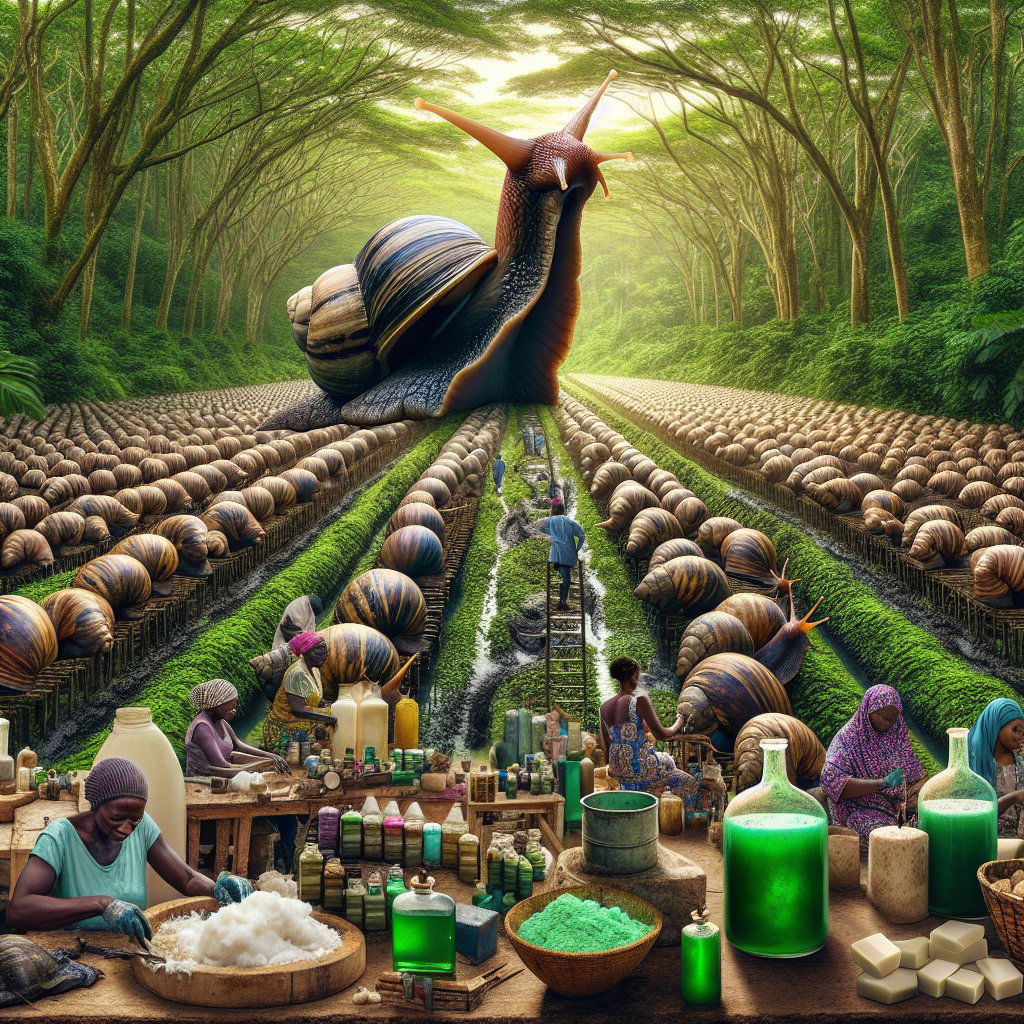Image: AI generated for illustration purposes
Ivory Coast's Giant Snail Farms: Preserving Biodiversity and Boosting Economy
Nestled in the lush, humid regions of Côte d'Ivoire, a unique agribusiness is burgeoning, marrying the conservation of biodiversity with economic prosperity. The giant African snail, a species under duress due to relentless deforestation and pervasive pesticide use, is finding refuge and resurgence through localized snail farms.
These gentle mollusks, noteworthy for their impressive size—weighing up to half a kilogram and stretching up to ten centimeters—are a cherished culinary delicacy. Yet, their existence has been endangered by the country's shrinking rainforest cover, a casualty of extensive agriculture, particularly cocoa production, which has notoriously depleted 90% of Côte d'Ivoire's forests within a mere six decades.
Addressing the dual challenge of species preservation and livelihood generation, enterprising Ivorians, led by visionaries like Bernus Bleu of the Côte d'Ivoire expertise escargots (CIEE), have turned their attention towards snail farming. A cost-effective and organic method, snail farming eschews the need for costly veterinary products, anchor feed, or other extraneous expenses, making it an accessible and appealing venture for many.
The sprawling snail farm networks now encompass approximately 1,500 enterprises in the country's more humid southern parts, a testament to both the ease of snail rearing and the robust supports systems in place. The CIEE not only trains farmers in efficient snail farming practices but also guarantees a buy-back of their produce, ensuring consistent and reliable income streams. Moreover, this initiative has driven monthly snail production from a modest 25 tonnes to a staggering 250 tonnes in five years, signaling the potential for further growth.
The merits of snail farming extend beyond the dinner plate. While snails hold a prized spot in Ivorian cuisine for their delectable taste, another component of the snail is gaining traction in an entirely different market—cosmetics. The mucin, or slime, excreted by snails is a coveted ingredient in skincare products owing to its hydrating and anti-aging properties. At the CIEE base in Azaguié, a dedicated team of women harnesses this ingredient, blending it with coconut oil, green coloring, and perfume to craft soaps and shower gels—producing about 5,000 of each weekly in their workshop.
Under the direction of Nelly Blon, the workshop manager, these bio-cosmetic products capitalize on snail mucin's skin benefits. Rich in glycoproteins, hyaluronic acids, and peptides, the mucin enhances skin moisture, texture, and elasticity, catering to burgeoning global demand for natural skincare solutions. As a bonus, the CIEE holds the exclusive rights to create soap from snail mucin, a niche that further bolsters the financial viability and uniqueness of Ivory Coast's snail farms.
In an era when climate hazards and environmental concerns are at the forefront, the story of Ivory Coast's snail farms offers glimmers of hope. It embodies a successful merger of ecological stewardship with enterprise—a model contributing to preserving the country's biodiversity while fostering economic empowerment.
#GOOGLE_AD










